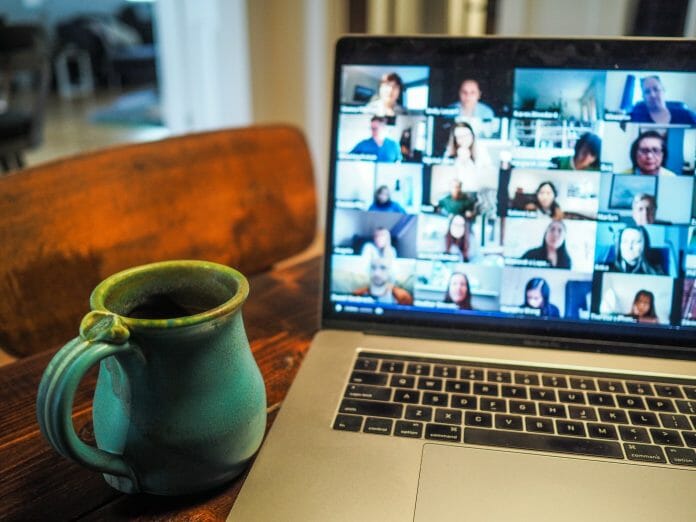By Melanie Cook, Managing Director of Hyper Island Asia Pacific
Humans are inherently social. Longitudinal studies prove that the quality of our relationships largely determines happiness. From the playground to the office, people seek to be included and to belong.
Diversity and inclusion in the workplace drive productivity and creativity, and belonging drives affinity with work and teammates in a remote-everything world. Together diversity, inclusion and belonging (DIBs) increase overall performance, decrease employee attrition and translates to millions in annual savings.
In Singapore, many organisations argue that they have a diverse workforce with representation from various ethnicities, gender and socioeconomic backgrounds. However, to make a difference, diversity needs to be augmented with conscious and conscientious inclusion.
Companies need to show their faith in everyone’s ability by giving them equal and ample access to development opportunities and career progression, despite being remote.
Afterall, there is no use being in the football squad if you never get a chance to play for your team!
I would argue that inclusion is relatively easy to foster as most managers tend to hire people who they believe will progress the business and therefore themselves. What we need to watch out for as leaders in this seemingly simple strategy is why we are investing in or promoting people.
Is it because they have become ‘one of us’ or is it because ‘we need one of them’. The latter reason shows that the organisation values an individual’s quirks and qualities, foibles and fortitude. It proves to them that they belong here.
While diversity is a fact and inclusion a behaviour, belonging is very much a feeling. The pandemic made working from home a global norm. How do we not only replicate but deepen that sense of belonging as isolation, exclusion, and alienation changes team dynamics and culture?
I remember when I was young making my way in the world, every time I started a new job, I would say to myself, this time I am going to be more professional, project an image of certainty, be more serious, giggle less, the list goes on. It never worked, and the reason is that the companies I chose to build my career with wanted me for me. This feeling of being able to be true oneself is priceless.
I grapple with this as a leader and as a co-worker in a leadership team.
Employers need to be aware of how new employees might feel alienated in their own homes during Google Hangouts with colleagues they have never met. Both new and seasoned employees are struggling to rebuild an organisational culture, and therefore a sense of belonging in a screen-first workplace.
In May 2020, the World Health Organisation (WHO) warned that substantial investment is needed to support people as anxiety levels rise. So how do we rebuild?
We start by cultivating ‘remote-trust’ through firstly being transparent about the company’s and individual’s performance. Most organisations have increased the number of company-wide, team and one-on-one check-ins, and candid AMAs (Ask Me Anything) with CEOs. People need to know where they stand.
Secondly, developing psychological safety, so people believe they can make mistakes and not be perfect in these imperfect times. They need to feel supported by dependable, effective teams mates who have a shared purpose.
Finally, empowering every team member to be themselves, by making it everybody’s responsibility to notice and appreciate individuality. Leaders need to ‘put your money where your mouth is’ by creating flexible, individualised work scheduling and wellness programmes, that shows the organisation will look after the new-normal needs and demands inside and outside of work.
In the comfort of homes, there are many things people could or would rather be doing, but if we are serious about belonging, we need to carve out the time and space to invest in the relationships at work, from home.









